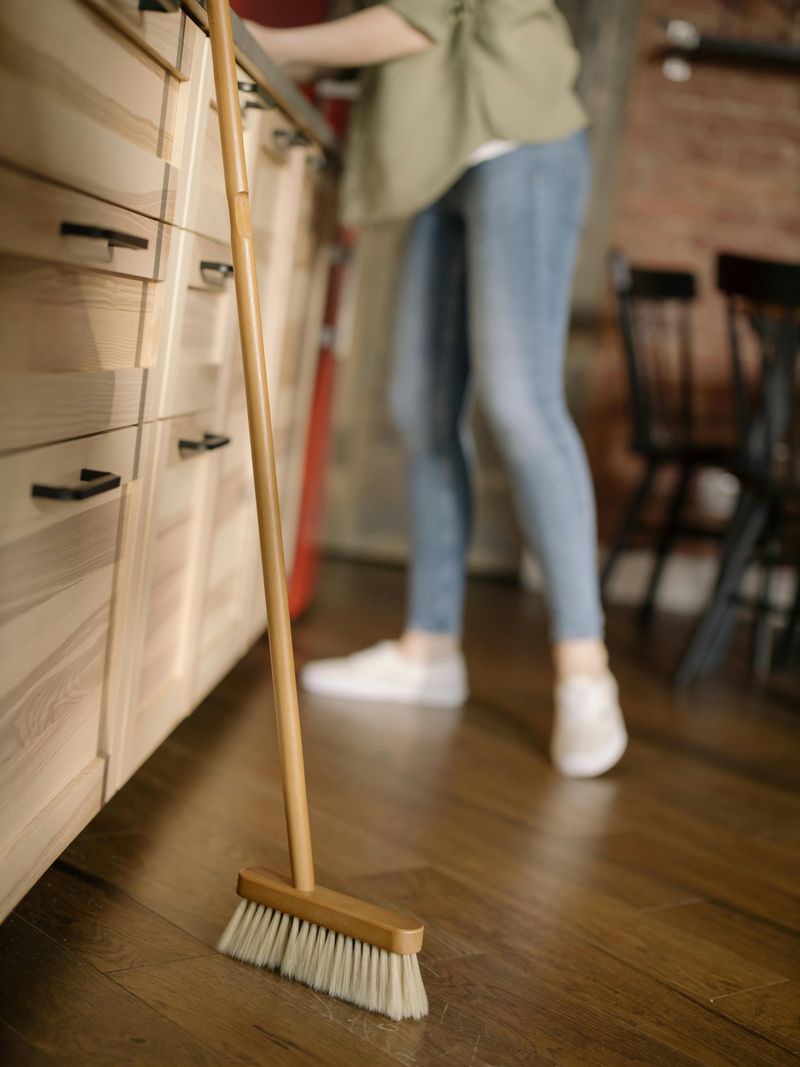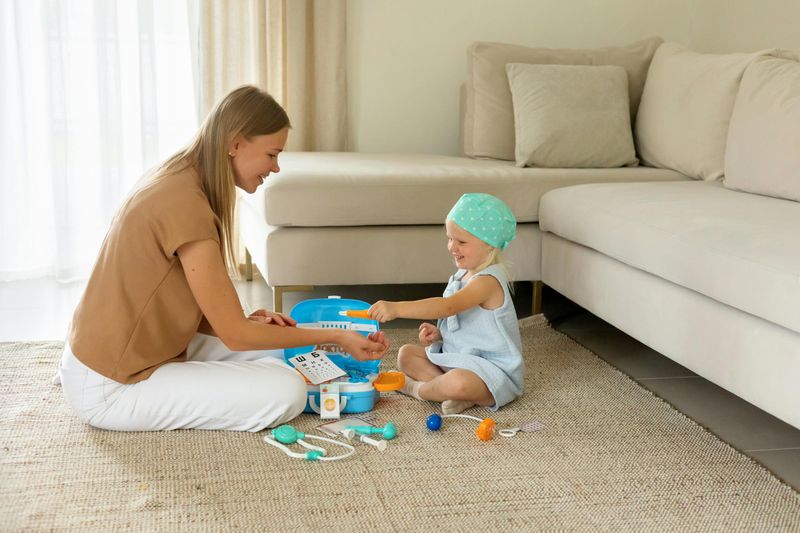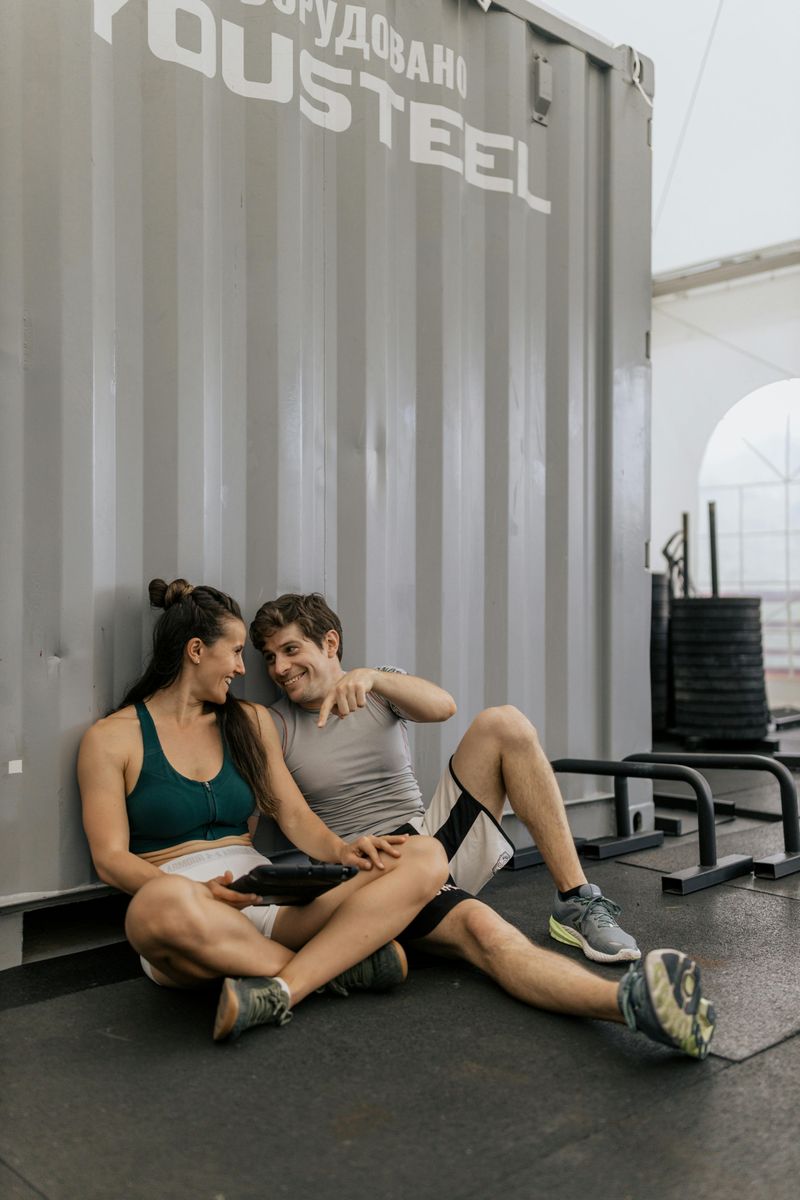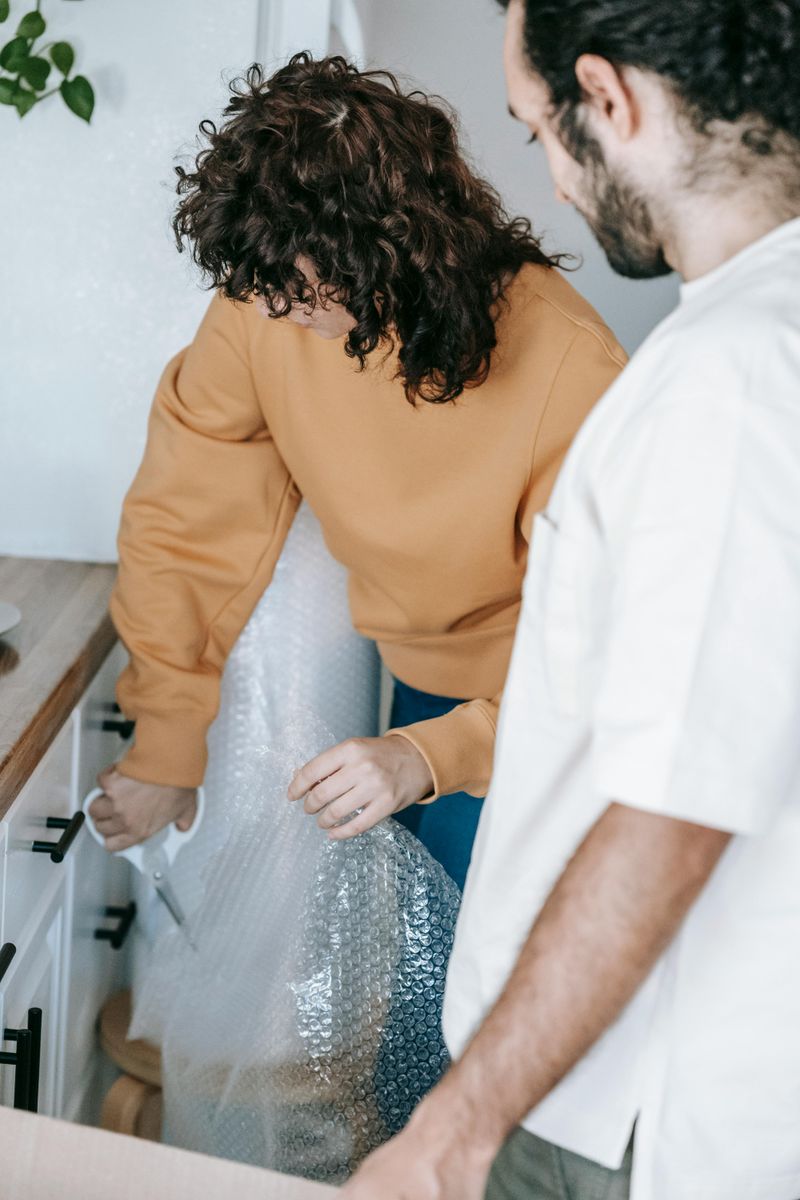12 Signs Your Partner Sees You More as a Caretaker Than an Equal

Relationships should feel like a partnership, not a job you didn’t sign up for. Yet sometimes, one person slides into the role of “caretaker” while the other leans back and enjoys the benefits. If you’ve ever felt like you’re doing all the heavy lifting—emotionally, mentally, or even physically—you’re not imagining it.
1. You Handle All the Emotional Labor

Handling emotional labor can be exhausting. Your partner leans on you for emotional support, expecting you to soothe their worries and encourage them at every turn.
They may rarely offer the same level of emotional investment when you need it, leaving you feeling drained and unappreciated.
This imbalance can create tension within the relationship, making you feel like an emotional caregiver rather than a partner. When the emotional labor is one-sided, it can lead to resentment and a sense of inequality.
Recognizing this pattern is crucial to fostering a more balanced and supportive partnership.
2. Household Duties Fall Squarely on You

Despite both of you having demanding jobs, the household chores seem to land on your shoulders. This expectation to manage cleaning, cooking, and organizing can be overwhelming.
Your partner may contribute minimally, creating a sense of imbalance in the domestic sphere.
The unequal distribution of household duties often leads to frustration and exhaustion. It might seem that your efforts go unnoticed, and the lack of appreciation can further strain the relationship.
Ensuring an equal share of responsibilities is vital for a harmonious home life.
3. You’re the “Default Parent”

Being the “default parent” means you’re the go-to person for every child-related responsibility. From school projects to doctor visits, your partner might take a backseat while you handle the bulk of parenting tasks.
This dynamic can become exhausting over time, as it feels like parenting is a solo effort. The absence of shared responsibilities can lead to burnout and feelings of being undervalued.
Both partners should engage equally in parenting to provide a nurturing environment for the children.
4. They Expect You to Manage Their Life

Managing your partner’s life can feel like you’re more of an assistant than an equal. From scheduling appointments to keeping track of important dates, you might find yourself managing their responsibilities.
This role can be overwhelming and can lead to feelings of inequality within the relationship. It’s important for both partners to share the responsibility of managing day-to-day tasks to maintain a balanced and respectful partnership.
5. Your Needs Are Often Overlooked

Expressing your needs might feel like shouting into the void. When you’re tired or stressed, your partner may dismiss your feelings, focusing instead on their own needs and desires.
This oversight can foster resentment and a feeling of being undervalued in the relationship. Recognizing and addressing each other’s needs is essential for a healthy partnership, where both partners feel respected and heard.
6. They Don’t Initiate Care for You

Think about the last time your partner went out of their way to make sure you were okay. If it’s hard to remember, that’s a problem.
You might be the one bringing soup when they’re sick, checking in after their tough day, or surprising them with little acts of kindness. But when you’re under the weather or stressed, they rarely take initiative. You have to ask—or worse, go without.
This lack of reciprocity makes the relationship lopsided. Instead of equal give-and-take, you become the caretaker, always providing while they get comfortable receiving.
7. You’re Their Emotional Dumping Ground

Everyone needs to vent, but if your partner treats you like their personal therapist, the balance is off. They come to you with every frustration, disappointment, and fear, expecting you to absorb it all.
The issue? They don’t offer the same outlet in return. You’re left feeling drained after their emotional downloads, with little space to share your own struggles.
Relationships are supposed to be about mutual support. When one person constantly dumps while the other carries the load, it creates resentment. You’re not their caretaker or counselor—you’re their partner, and that distinction matters.
8. You Feel More Like a Parent Than a Partner

Having to remind your partner to pay bills, pick up their clothes, or even follow through on basic responsibilities feels less like love and more like parenting.
You catch yourself nagging, instructing, or monitoring their actions—roles you never expected to play in your romantic relationship. Instead of growing together, you’re stuck teaching them how to adult.
This shift blurs the lines between romance and responsibility. If your relationship feels like you’re raising your partner rather than standing side by side, you’ve moved from equal footing into caretaker territory.
9. They Assume You’ll Sacrifice First

In conflicts about time, money, or goals, your partner may expect you to be the one to bend. Your career can take the backseat. Your plans can be delayed. Your needs can be put on hold.
This automatic expectation puts the burden of compromise squarely on your shoulders. Instead of meeting in the middle, you’re always expected to give up ground.
Over time, this creates resentment and reinforces an unequal dynamic. In a true partnership, sacrifices should be shared—not demanded from just one person.
10. They Depend on You for Motivation

Instead of taking initiative in their own life, your partner relies on you to keep them moving forward. You’re their cheerleader, their motivator, their reminder to stay on track.
While encouragement is part of love, it becomes problematic when they won’t take responsibility for their own drive. You can’t want success or self-improvement for them more than they do.
Being the source of all their motivation leaves you drained while they depend on you for energy. That’s not equal—it’s caretaking disguised as “support.”
11. You Rarely Receive Appreciation

Doing things out of love should come with gratitude, not entitlement. If your partner accepts your efforts without so much as a “thank you,” it signals that they see your caregiving as your duty.
Over time, the lack of acknowledgment can sting more than the imbalance itself. When your hard work and sacrifices go unnoticed, you feel invisible.
Appreciation is the glue that keeps relationships from unraveling under stress. Without it, your role shifts from valued partner to underpaid caretaker.
12. The Relationship Feels One-Sided

You don’t need anyone to tell you when a relationship is out of balance—you can feel it. If you’re constantly giving and rarely receiving, that weight becomes impossible to ignore.
Instead of feeling like a team, you feel like you’re carrying the entire load alone. That exhaustion, both emotional and physical, is the clearest sign of all.
A healthy partnership should leave you fulfilled, not depleted. If it feels one-sided, it may be time to reevaluate whether your partner sees you as an equal—or just as their caretaker.

Comments
Loading…